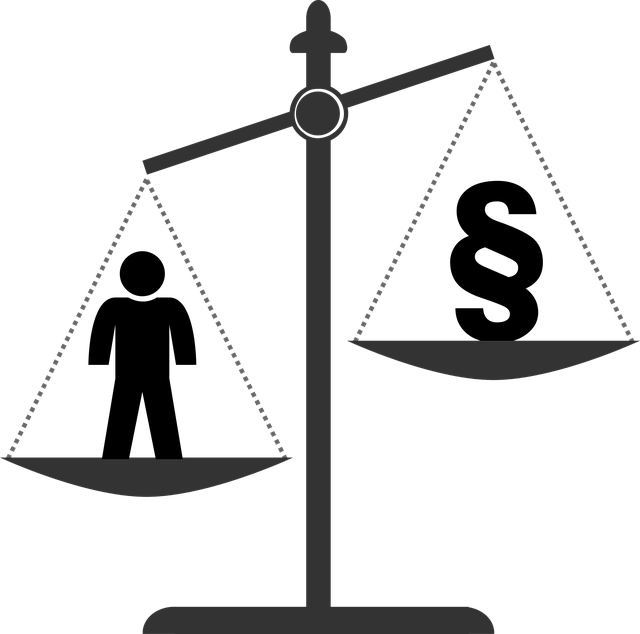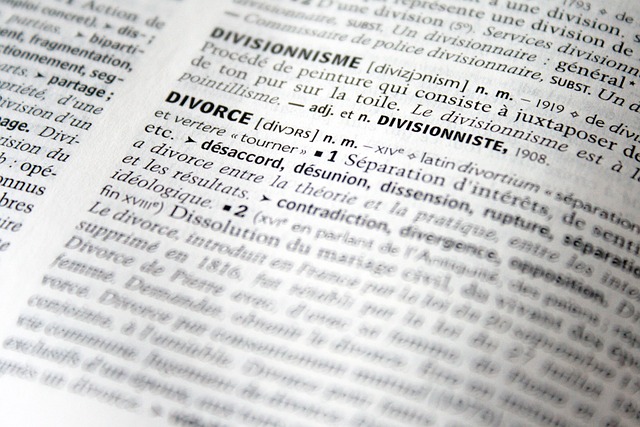The RF Securities Industry Regulation Framework aims to ensure fairness, transparency, and accountability in financial markets, with a focus on navigating complex ethical dilemmas posed by plea bargaining agreements. These agreements, crucial for justice, demand meticulous handling to prevent conflicts of interest and maintain public trust. Ethical considerations are vital for integrity, guiding legal professionals to balance favorable outcomes with fairness and due process. By promoting transparency and understanding, they reduce conflicts, benefiting both sides. This framework deters fraud, protects investors, and ensures responsible business conduct in high-stakes scenarios. Regulatory bodies are increasingly scrutinizing plea bargains, emphasizing ethical alignment for market integrity.
The RF Securities Industry Regulation is a complex web of policies guiding financial markets. This article unravels its key components, focusing on ethical considerations in plea bargaining agreements. We explore how these practices impact investor protection and market integrity while delving into transparency, fairness, and regulatory accountability. Understanding the interplay between legal agreements and ethical dilemmas is crucial for fostering a robust and trustworthy securities industry.
- Understanding RF Securities Industry Regulation Framework
- Ethical Dilemmas in Plea Bargaining Practices
- Transparency and Fairness in Legal Agreements
- Impact on Investor Protection and Market Integrity
- Enhancing Accountability: Regulatory Perspectives
Understanding RF Securities Industry Regulation Framework

The RF Securities Industry Regulation Framework is a complex web designed to ensure fairness, transparency, and accountability in financial markets. At its core, this framework addresses crucial ethical considerations, especially those intertwined with plea bargaining agreements. Such agreements, while instrumental in achieving justice, demand careful navigation to prevent potential conflicts of interest and maintain public trust.
Ethical considerations in plea bargains are vital for upholding the integrity of the legal system. In the context of RF Securities, these include ensuring that agreements do not disproportionately favor one party over another, promoting honesty and transparency in negotiations, and maintaining the confidentiality of sensitive information. A successful general criminal defense strategy often involves navigating these ethical dilemmas, aiming for winning challenging defense verdicts while adhering to the highest standards of integrity. Beyond legal implications, these practices also shape the interactions between philanthropic and political communities, reflecting upon broader societal values of fairness and justice.
Ethical Dilemmas in Plea Bargaining Practices

In the RF Securities Industry, plea bargaining practices often present complex ethical dilemmas that require careful consideration. As high-stakes cases involving corporate and individual clients traverse legal landscapes, these agreements can significantly impact not just the parties involved but also broader philanthropic and political communities. The pressure to secure favorable outcomes may tempt legal professionals to navigate grey areas in ethics, raising concerns about fairness, transparency, and potential conflicts of interest.
Ethical considerations in plea bargaining agreements are paramount to maintaining public trust in the justice system. Balancing the need for efficient dispute resolution with ensuring due process and integrity demands robust safeguards. This includes transparent communication, informed consent from all parties, and independent oversight mechanisms to prevent exploitative or coercive tactics. Adhering to these ethical guidelines is crucial not only for upholding legal principles but also for fostering a culture of accountability and trust in the securities industry.
Transparency and Fairness in Legal Agreements

In the RF Securities Industry, transparency and fairness are paramount in legal agreements, particularly during plea bargaining processes. Ethical considerations in plea bargaining agreements ensure that all parties involved have a clear understanding of their rights and obligations, fostering trust and integrity within the system. This is crucial in maintaining the integrity of the investigative and enforcement process, from initial inquiries to final verdicts. By promoting transparency, the legal landscape becomes more predictable for both prosecutors and defendants, facilitating open communication and reducing potential conflicts of interest.
The importance of these principles extends beyond individual cases, shaping the overall effectiveness of white-collar defense strategies. Effective plea bargaining agreements not only encourage cooperation but also play a pivotal role in securing winning challenging defense verdicts. This balance ensures that while the regulatory process remains robust, it does so fairly and ethically, upholding the fundamental principles of justice.
Impact on Investor Protection and Market Integrity

The RF Securities Industry Regulation plays a pivotal role in safeguarding investor protection and upholding market integrity. By imposing stringent guidelines on trading practices, it ensures transparency and fairness, fostering trust among investors. Effective regulation acts as a deterrent against fraudulent activities and manipulations that could distort market dynamics. This is particularly crucial in high-stakes cases where sophisticated schemes can have far-reaching consequences across the country.
Moreover, ethical considerations in Plea Bargaining Agreements are integral to this regulatory framework. These agreements, while facilitating resolution in legal disputes, must be structured to protect investors’ interests without compromising justice. Striking a balance between resolving issues swiftly and ensuring accountability is essential for maintaining market integrity. Such measures not only safeguard investors but also promote the responsible conduct of businesses within the respective industry, contributing to a robust and sustainable securities marketplace.
Enhancing Accountability: Regulatory Perspectives

The RF Securities Industry Regulation faces a unique challenge in enhancing accountability while navigating complex ethical considerations. Regulatory bodies are increasingly recognizing the importance of robust mechanisms to ensure transparency and fairness in financial markets. One critical aspect is addressing Ethical Considerations in Plea Bargaining Agreements, especially in cases involving white-collar defense strategies. These agreements can significantly impact corporate and individual clients, making it essential for regulators to set clear guidelines.
An unprecedented track record of successful prosecutions has prompted regulatory agencies to reevaluate their approach. By scrutinizing plea bargaining practices, they aim to prevent potential abuses and ensure that such agreements contribute to the larger goal of market integrity. This proactive stance allows for a more balanced system, where accountability is enhanced without compromising the rights of defendants.
The regulation of the RF securities industry is a complex landscape that demands a delicate balance between promoting market integrity and protecting investors. By examining ethical dilemmas within plea bargaining practices, we uncover critical areas for improvement. Enhancing transparency and fairness in legal agreements not only strengthens accountability but also ensures the stability and credibility of financial markets. Addressing these issues is paramount to fostering a secure environment for investors while mitigating risks associated with unethical practices, ultimately leading to a more robust and ethical securities industry.






